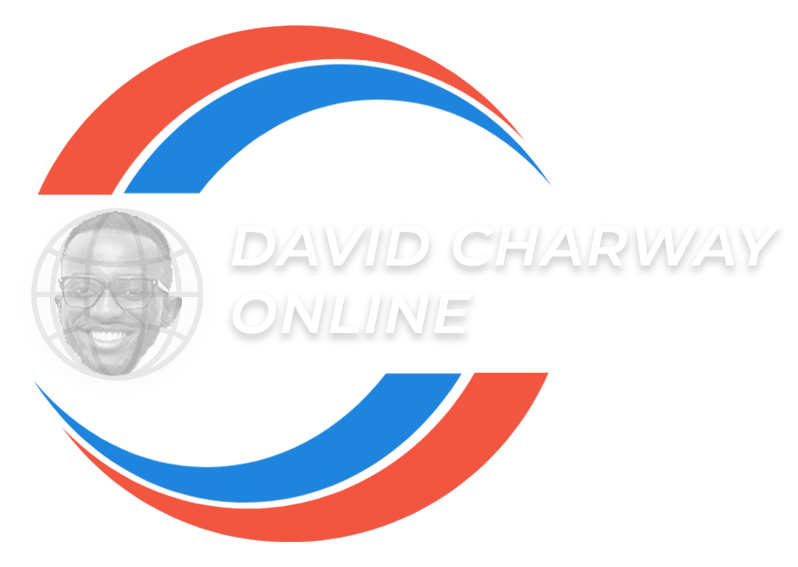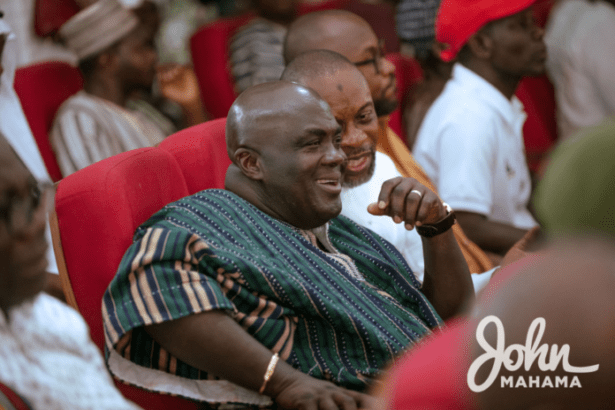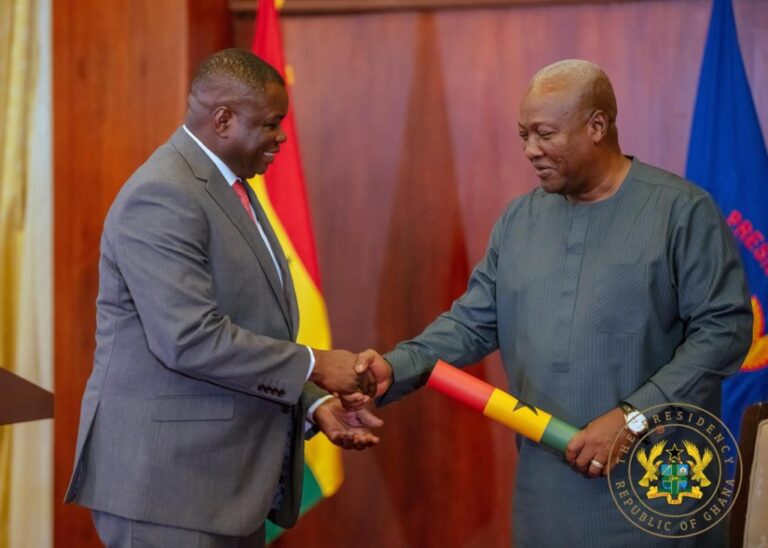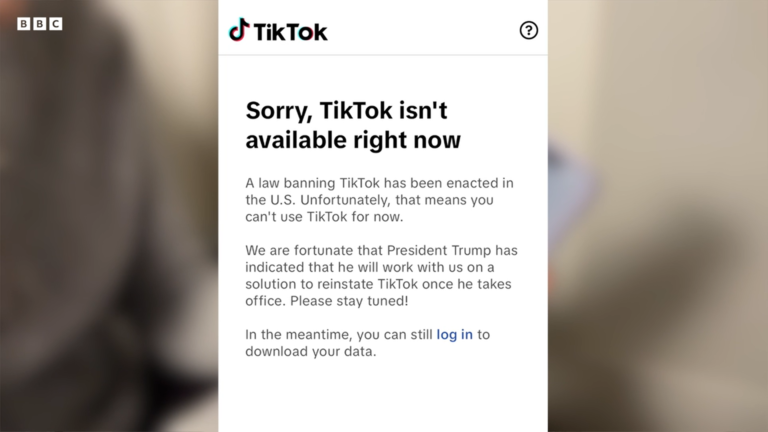
Member of Parliament for Tano North, Dr. Gideon Boako, has cautioned the Mahama government against the potential introduction of alternative taxes disguised as other forms of revenue following their commitment to abolish the electronic levy (e-levy) and betting taxes.
Speaking to the media on January 13, after the vetting of Finance Minister nominee Dr. Cassiel Ato Forson, Dr. Boako highlighted the possible implications of this policy shift. During his vetting, Dr. Ato Forson disclosed that the Mahama administration intends to eliminate the e-levy and betting taxes in its first budget.
Dr. Boako criticized this approach, arguing that it could lead to significant revenue shortfalls that the government may struggle to address. He noted that such shortfalls would conflict with the demands of the International Monetary Fund (IMF), which emphasizes robust revenue generation to meet debt servicing obligations.
“I think, by and large, he [Ato Forson] has done his part, but unfortunately, it wasn’t enough,” Dr. Boako stated. He elaborated that when asked how the government plans to compensate for the revenue losses resulting from scrapping these taxes, Dr. Ato Forson suggested cutting expenditures. However, Dr. Boako argued that cutting expenditure does not adequately tackle the issue, as the IMF focuses on the debt service-to-revenue ratio rather than the debt service-to-expenditure ratio.
While acknowledging that expenditure cuts might provide temporary relief, he stressed that they do not address the underlying challenge of generating sufficient revenue to meet debt servicing requirements. He warned that the IMF would ultimately insist on identifying new revenue sources, which could result in the imposition of additional taxes.
“We don’t want a situation where you give with the right hand and take with the left hand,” Dr. Boako remarked, urging policymakers to consider the long-term effects of their decisions. He called for a more comprehensive approach to addressing Ghana’s fiscal challenges and warned against creating false hope by abolishing taxes only to replace them with alternative levies. He emphasized the need for transparency and pragmatism in managing the country’s revenue requirements.



